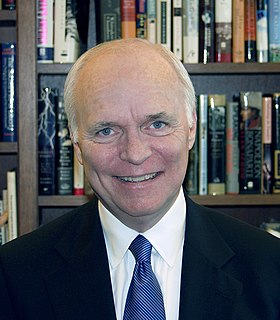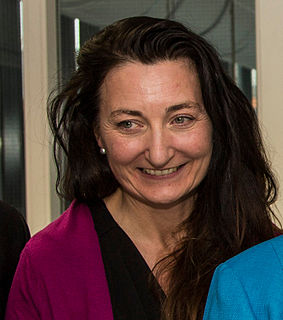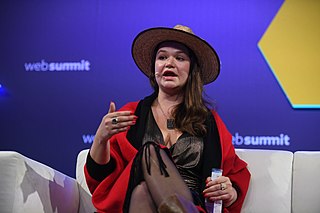A Quote by Brian Lamb
My basic approach to interviewing is to ask the basic questions that might even sound naive, or not intellectual. Sometimes when you ask the simple questions like 'Who are you?' or 'What do you do?' you learn the most.
Related Quotes
I don't like the way most people think. It's imprecise. I find that when parents ask me questions, they ask very imprecise questions. They say, "My kid has behavioral problems at school." Well, I have to say, "What kind of problems? Is he hitting? Is he rude? Does he rock in class?" I need to narrow questions to specifics. I am very pragmatic and intellectual, not emotional. I do get great satisfaction when a parent says, "I read your book, and it really helped me."
If you don't understand, ask questions. If you're uncomfortable about asking questions, say you are uncomfortable about asking questions and then ask anyway. It's easy to tell when a question is coming from a good place. Then listen some more. Sometimes people just want to feel heard. Here's to possibilities of friendship and connection and understanding.
Whenever I'm giving talks, I always ask people to think of the most obscure questions because I enjoy those the most. I always get the same questions: Why does Pickwick say "plock" and will there be a movie? I like the really obscure questions because there's so much in the books. There are tons and tons of references and I like when people get the little ones and ask me about them. It's good for the audience [and also] they realize there's more there.
In order to create predictive algorithms, you need to have a training set. So, that training set is created through our quantitative surveys. Those surveys need to include either basic market research questions or basic political polling questions, which might be added to get your opinion on a brand or an issue or a candidate.



































